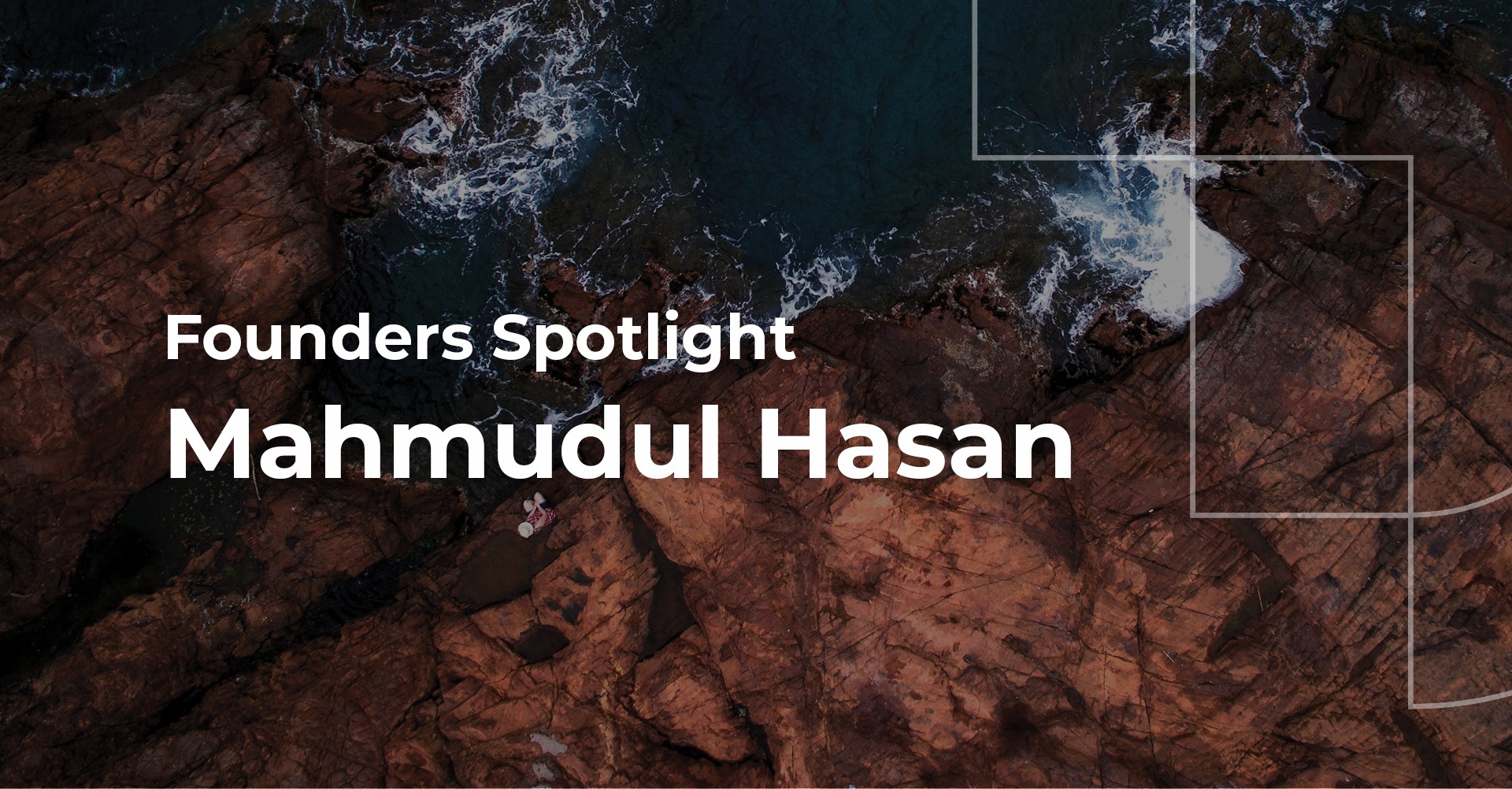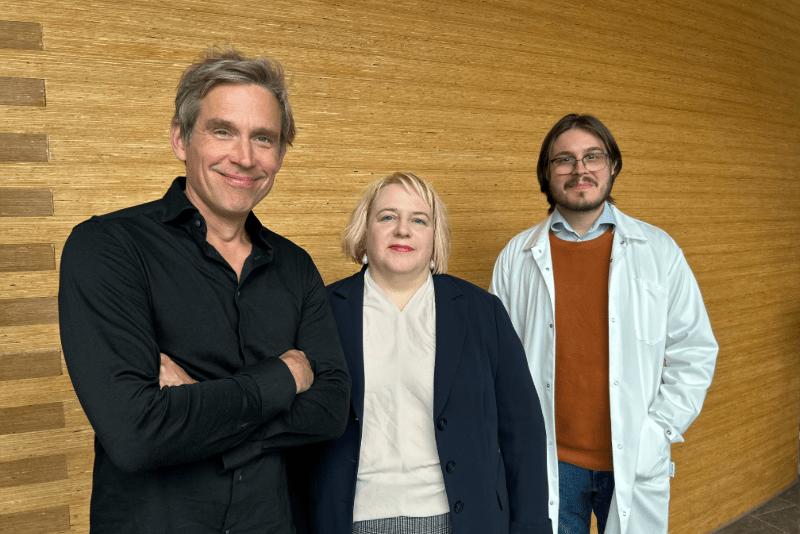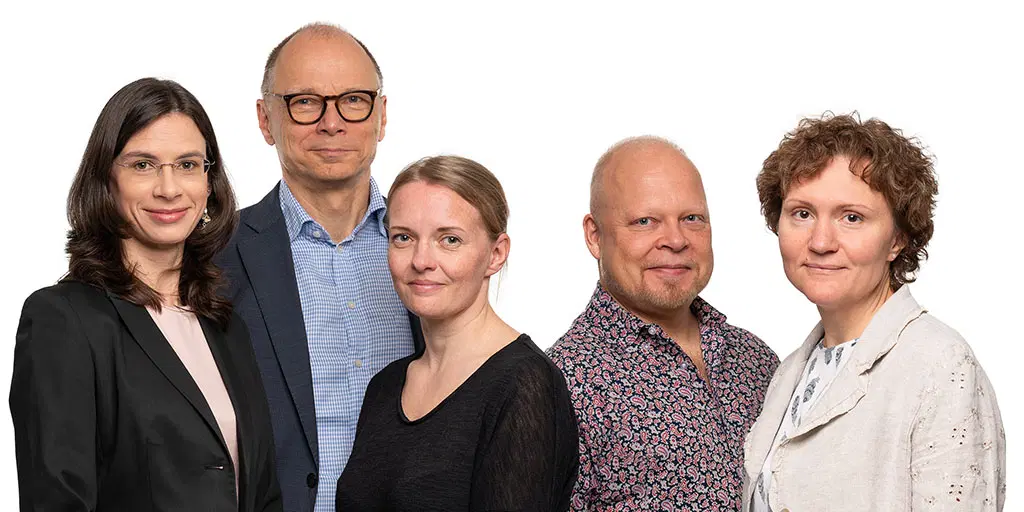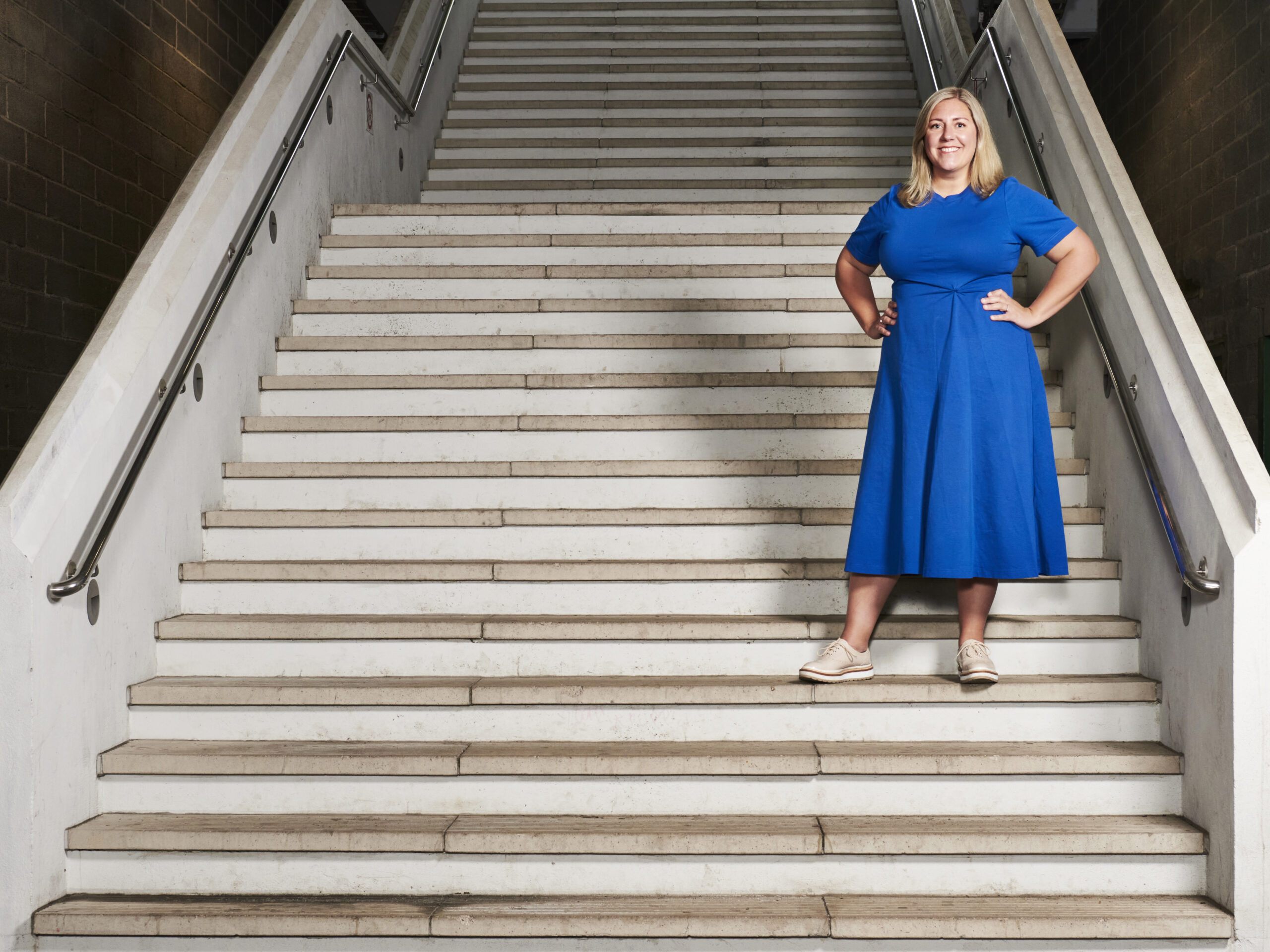The Founders Spotlight blog series uncovers the stories of Voima Ventures portfolio founders. This time we talked with Mahmudul Hasan – the founder and CEO of MVision.
Mahmudul Hasan grew up in Bangladesh before moving to the UK at the age of 19. In the UK, he studied computer science at the University of Bedfordshire, and came up with his first startup ideas. In 2017, after a career in software development, he co-founded MVision. Now, the company is on a mission to improve modern cancer radiation treatment through innovative use of AI.
Julia: How did you get interested in entrepreneurship?
Mahmudul: I cannot really define a point when I would have first gotten interested in entrepreneurship. It starts already with my family background. My grandad from my mother’s side was a great entrepreneur, and a very successful businessman. And on my father’s side they have always been more of a steady employment kind of people. When I was little I got familiar with both of these lifestyles but I always knew I gravitated towards following my grandad’s path.
When I started my professional career, I started to realize that there are a lot of problems that nobody is solving. I always felt the urge to go find solutions and evaluate ways to solve these problems. It has always felt natural for me.
Julia: What is the most important lesson that you have learned from your earlier startups?
Mahmudul: The very first lesson I learned was about finding a good co-founder. Startups are complex and you really need a competent co-founder to navigate it. The importance and how to go about with the process of finding a co-founder was my first lesson. Also with MVision we started with this in mind.
The other important lesson has to be the importance of being able to communicate your ideas very clearly. You have to be able to depict the vision, and tell the story of why this is important and why this team can solve it.
These things also need to match: you need the right people and you need the right motivation.
Julia: You have an engineering background. How did you end up founding a medical imaging startup?
Mahmudul: What initially got me involved with the medical field was actually losing a close relative to cancer. Having to go through that taught me a lot about how the field and its processes work. This first steered me to the medical field, and got me motivated to solve problems related to the treatment of cancer patients.
As mentioned I was always looking for the right idea. For me, that came during a radiation oncology treatment planning course in Lisbon while still working for my previous employer, Varian medical system. I was the only one with no medical background in the group but somehow I managed to be the best of us in drawing a prostate on a CT-scan. Not a single metric would have said I was the best oncologist in the room, but I was just best at following the instructions at that task. And what are computers good at? Following instructions. Later over a beer with now my co-founder we came up with the idea of MVision.
We didn’t have any medical people in the team at that point so naturally the first thing we did was to look for a medical physicist to join the team and validate the idea with some experts. We also needed the best AI developer. That’s how we found Jarkko and Saad. Saad had a PhD in computer vision and Jarkko was in the middle of his PhD studies as a medical physicist in Turku.
While for me the motivation behind MVision was personal, what I think is important is that every single person in the founding team knew why we wanted to be involved. We knew it was an important problem to solve.
Julia: How do you see MVision’s future?
Mahmudul: We have unlocked some true potential within the healthcare market where the business model is changing very rapidly due to changing economic conditions and also all this reform we see starting to happen in the US. With Covid-19 people have also started to see the benefits of being remote and the value of having these cloud based solutions. The discussions in this field are rapidly changing.
We are lucky to find ourselves in this situation of technological disruption and it’s paving the road for us too. The developing technologies have a massive potential to disrupt cancer care and we are part of that.
When I was growing up and living in Bangladesh in 1998 to early 2000, we just got the first access to landline telephone. My brother, who is 17 years younger than me, has had access to 4G all his life. He has much bigger access to information that I could have even dreamed of in my days. It’s a drastic change.
I think we are bringing the same kind of 4G kind of solution to cancer care for millions of cancer patients. It would make the field level. Because the cost of cloud is so low and access to care is drastically reducing. That means that the access to cancer care would be a level playing field during the next five to ten years.
That’s what drives me everyday. To accelerate the transition to cloud based and AI powered solutions to give cancer patients a greater access to care.
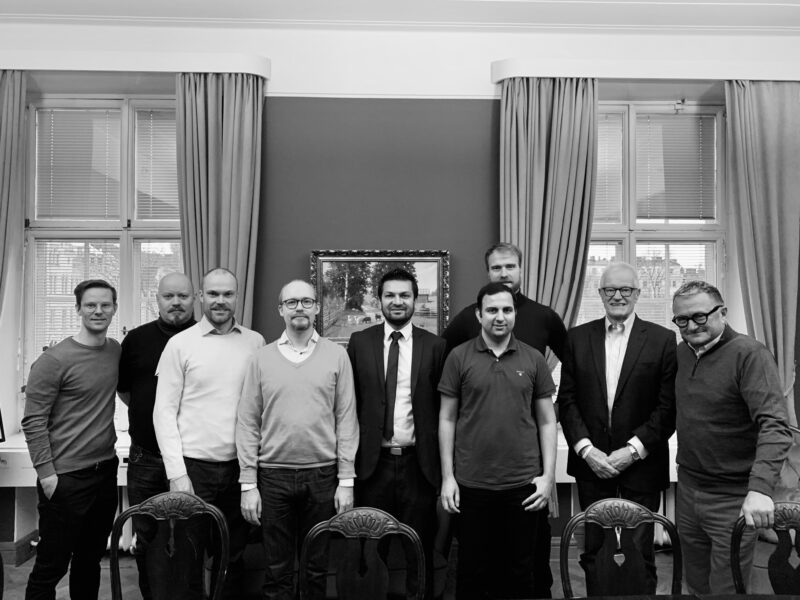
MVision founding team and investors in December 2019.

